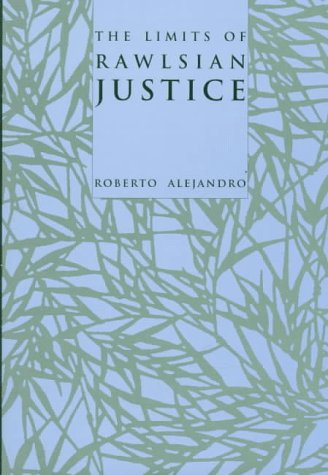When President Clinton rejected a Republican proposal for heavy cuts in the welfare programme, he justified his position with the simple words: "It's just not fair." This idea of fairness lies at the heart of the concept of justice proposed by political philosopher John Rawls, a concept that liberals have often invoked to defend the welfare state. In "A Theory of Justice" and "Political Liberalism", Rawls set out to prove four major propositions to justify the politics of welfarism; namely, that the institutions of the modern state are compatible with the idea of justice defined by fairness; that a political agreement on such an idea is possible; that justice-as-fairness avoids the pitfalls of utilitarianism and its concomitant reliance on majoritarian views; and that his view of justice is able to promote stability over the long run. This text challenges these assumptions. The author examines Rawls from within his own writings, testing his assumptions on the basis of these assumptions themselves.
As a result, Alejandro concludes that Rawls's notion of justice-as-fairness preserves the status quo, overlooks the realities of inequalities in today's society, and is inherently conservative. As a theoretical paradigm, it is exhausted. He urges that we acknowledge the limits of Rawlsian justice both as a defence of the welfare state and as a basis of a just society.
- ISBN10 0801856787
- ISBN13 9780801856785
- Publish Date 20 October 1997
- Publish Status Out of Stock
- Out of Print 22 June 2002
- Publish Country US
- Imprint Johns Hopkins University Press
- Format Hardcover
- Pages 248
- Language English
